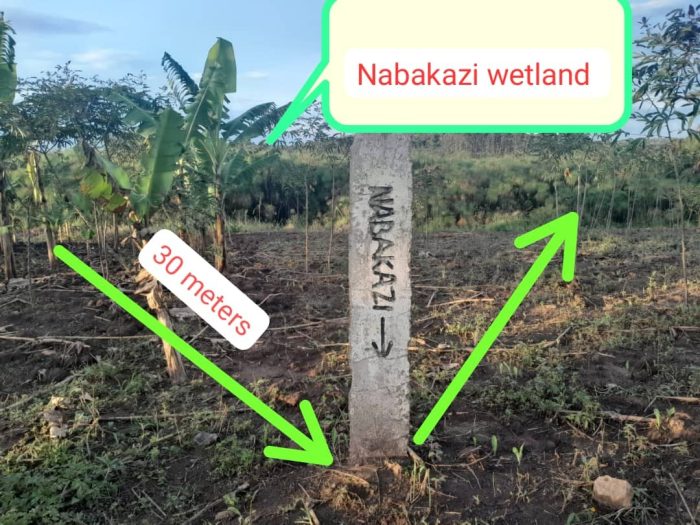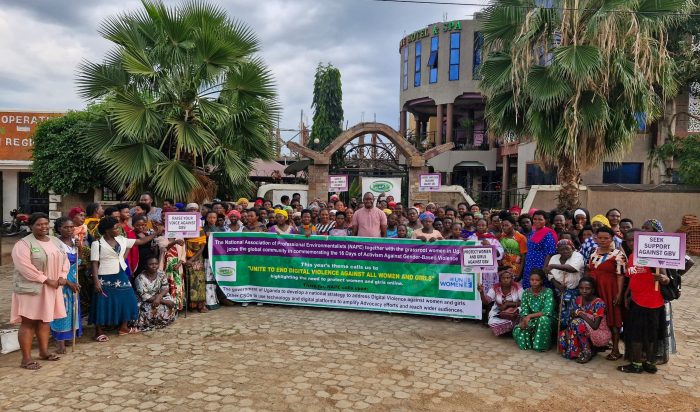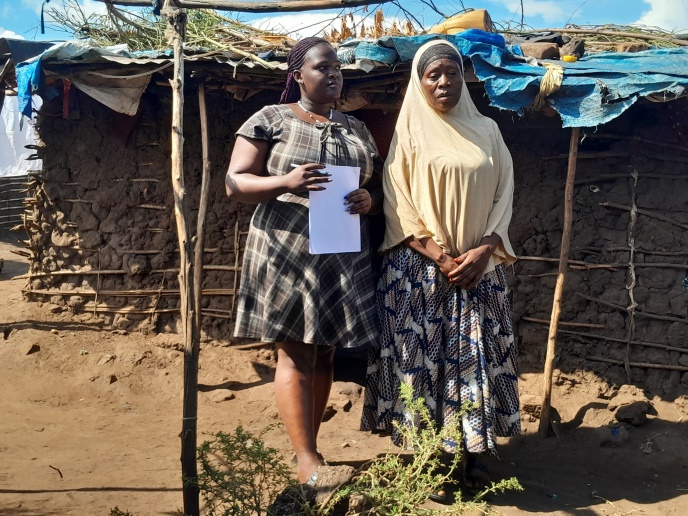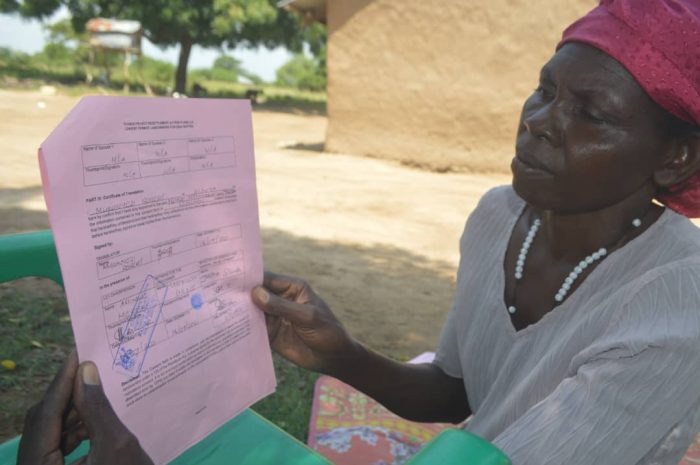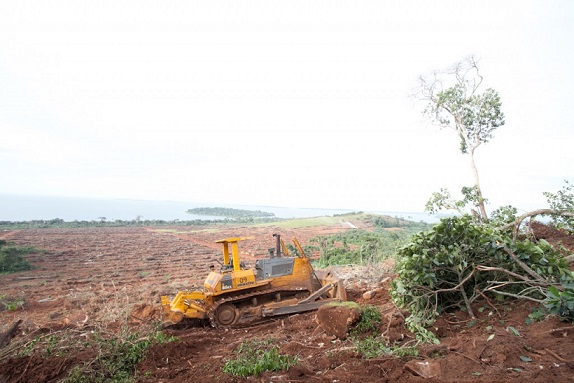

Government of Uganda has proposed an amendment to the Land Act and related laws thereto. Government argues that it should have authority to acquire land for timely implementation of public works, fast-track construction of the proposed 24 industrial parks and other investment projects. The rationale behind the resolution is that members of the public act as bottlenecks in the implementation of such investment projects.
The basis of government’s argument is that on many occasions, some people refuse government compensation asking for more money and in the process, they delay government projects. However, this argument is irrelevant for Section 6(5)(b) of the Land Act which provides that “Where a person awarded compensation under this Section refuses to accept payment, the High Court on the application of the Attorney General may order payment to be made into court on such conditions as it thinks appropriate.
Uganda has sufficient pieces of legislation to deal with compulsory land acquisition and there is no need for further amendment to the Land Act. The 1995 Constitution of the republic of Uganda as amended provides for the right to own property by an individual or a group by virtue of Article 26 of the same constitution. The law further provides for exceptions under which a person can compulsorily be deprived of his or her property specifically land and these include public safety, public order, morality and for health reasons.
In case any of the above exceptions is proved or justified, Government has to make a prompt payment of a fair and adequate compensation to the affected person before acquisition and taking possession of the affected land mindful of the fact that compensation should be based on the actual market value of that land at the time of acquisition. The courts in Uganda have pronounced themselves on this issue and its well settled.
Ugandans too take cognizance of the fact that government ultimately has the right to buy any land if deemed necessary, but there are some circumstances in which an objection could swing in favour of a land owner. Most land ownership in Uganda is guaranteed in the lordship of customary interest, government has no option than to employ eminent domain to acquire private rights in land without complete accepted agreement from the owners for societal benefit. The framework within which government or acquiring authority carry out the processes is highly appalling and has resulted in detrimental outcomes. There many examples where government’s attempt to take over private land has resulted into ugly scenarios, arrests and even death.
Compulsory acquisition of land in Uganda has undermined the principles of good governance. The failure to strictly adhere to the rules and procedures of the available legislative tool, and also inadequate payment of compensation has become obvious and apparent. This tantamount to land grabbing, and many people are worried that if the land policy is amended as proposed many people will lose their land rights to powerful and politically well-connected individuals and multinational companies. Ugandans have interpreted the plan as a well-calculated maneuver that will fuel land grabbing and evictions in the country. Most of which are not adequately compensated.
However, the big challenge is that Uganda does not have a land compensation policy. Policies that relate to land compensation are scattered in various instruments and papers, in Government institutions and departments, which exercise varying responsibilities over land use and management, with many conflicting and others overlapping, all of which follow no clear policy or guideline.
Government maintains that the proposed amendments were premised on the bureaucratic tendencies involved in compensation of the project-affected persons, which tend to stall projects. It is intended to shorten the processes involved by allowing government to start the projects pending negotiations on compensations with the affected persons.
But government needs to handle issue of land carefully. People entirely depend on land for their livelihood. Land has economic, social and cultural significance and is a source of pride to individuals, families and clans. It should not just be dispensed at will.
By Betty Obbo

